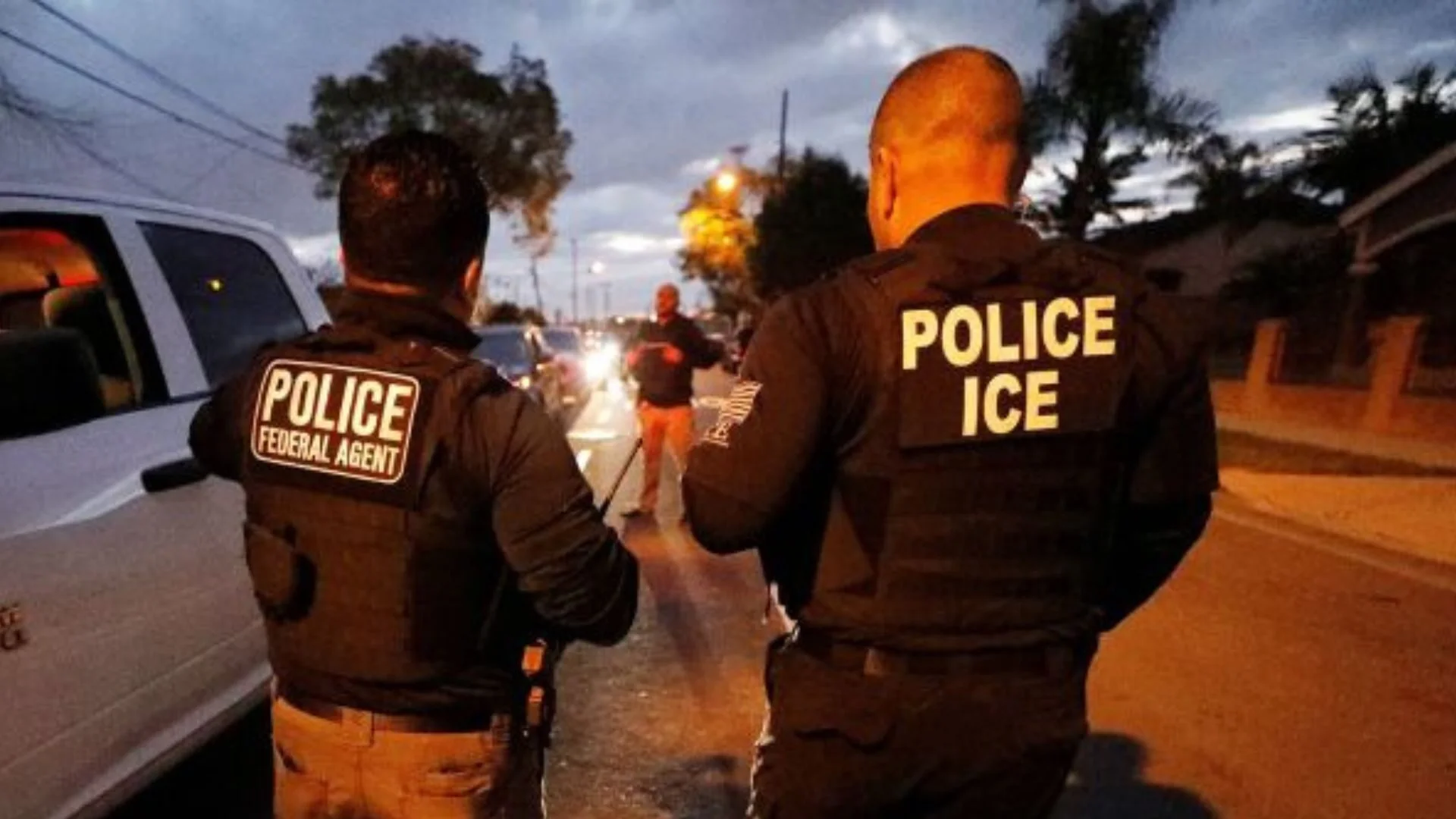MIDDLETOWN, CT — Middletown is set to become the first city in Connecticut to roll out automated speed enforcement cameras on July 1, marking a major milestone in the state’s traffic safety efforts. The Middletown speed cameras will be installed at three key locations identified as speeding hotspots, making the city a pioneer in Connecticut traffic enforcement technology.
The initiative, approved by the Connecticut Department of Transportation (CT DOT), aims to reduce traffic accidents and protect vulnerable road users in areas where traditional enforcement has proven difficult. According to city officials, cameras will be placed on Washington Street (Route 66) between Woodgate Drive and George Street, Country Club Road near Moody Elementary School, and Westfield Street between McCormick Lane and Bailey Road, near Spencer Elementary School. Data from recent months shows that these locations consistently experience high rates of speeding, with some vehicles clocked at nearly double the posted speed limits.
Police Chief Erik Costa emphasized the importance of the project, noting that the Middletown speed cameras will allow for continuous monitoring and enforcement without the need for additional personnel. “This technology will help keep our roads safer, especially around schools,” Costa said.
The program will begin with a 30-day warning period where drivers will receive notices but no fines. Afterward, fines of $50 for a first offense and $75 for subsequent offenses will be issued, with a $15 processing fee. All fines will be mailed to the vehicle owner’s registered address.
The rollout of automated speed enforcement cameras in Middletown is designed to be self-funded, with revenue from citations covering operational costs. Officials have stressed that the system is configured to only capture essential vehicle details for enforcement purposes, ensuring privacy protections.
While some residents, like Spencer Elementary employee Kaden Powers, welcome the change, others express concerns about potential rear-end collisions due to sudden braking. Experts, such as Dr. Kimberly Przeszlowski of Quinnipiac University, highlight the need for careful data analysis and transparent reporting to ensure the program’s effectiveness.
Middletown’s adoption of automated speed enforcement technology comes as other Connecticut cities, including Stamford, New Haven, and Greenwich, await CT DOT approval for similar initiatives. As the first city to implement such a program, Middletown will serve as a model for the rest of the state in using speed cameras to improve road safety.













